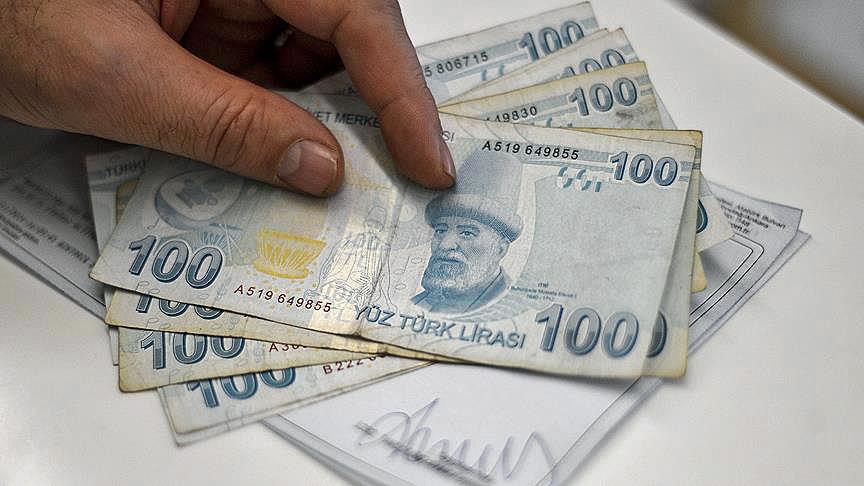Lower lira can help Turkish exports, experts say
Education, infrastructure spending can help in current environment, observer tells Anadolu Agency

By Ovunc Kutlu
NEW YORK
Turkey can take advantage of its poor performing lira by increasing exports, experts have told Anadolu Agency.
The lira slipped 10 percent in the past week and posted its biggest loss against the dollar among emerging currencies.
"Turkey can benefit from a weaker currency because it would help its exports," Mayra Rodriguez Valladares, the managing principal of New York-based financial consulting and research firm MRV Associates, said.
"If you are trying to sell Turkish manufactured goods, that's great for exporters," she added.
DailyFX Senior Currency Strategist Christopher Vecchio said a weaker lira would help increase the competitiveness of Turkish exporters.
"In the near-term, weakness in the lira may need to persist in order to keep Turkish exporters competitive," he added.
The dollar-lira exchange rate reached a record 3.94
Although the intervention helped the lira Thursday, the central bank could run out of ammunition.
"It's very difficult for a central bank to protect its own currency," Rodriguez Valladares said. "We are talking about foreign exchange markets that are over $5 trillion.
"I know the central bank is very concerned about what they call currency speculators, but it's very difficult to control them."
Turkey's internal issues and the bank's limited set of tools are not the only reason for the weak lira against a strengthening dollar.
Dollar's rally
With promises of raising infrastructure spending and lowering corporate taxes, Wall
The dollar’s bull-run since the Nov. 8 election, however, appeared to have been halted Thursday.
Trump’s first news conference in six months on Wednesday did not provide any indication to the markets about his comprehensive economic plans.
As a result, Wall Street posted losses Thursday and the greenback fell about 1 percent against major currencies -- losing 2.8 percent against the Turkish lira.
That gave the lira some breathing room after declining 23 percent against the dollar since the day after the U.S. election.
Turkey, however, still needs to solve its increasing current account deficit that reached $2.2 billion in November, compared to the same month the previous year, and $33.6 billion in the last 12 months.
A weak lira might help mitigate the situation if Turkey takes advantage of the environment and domestic manufacturers increase exports.
"The weakening lira is necessary reaction function to help offset the current account deficit," Vecchio said. He emphasized that current account deficits "can be addressed by increasing the value of the country’s exports relative to its imports".
Rodriguez Valladares stressed that Turkish officials should calm the markets to reverse the trend of a depreciating lira.
"Short-term, good public relations is needed," she said. "The finance minister and head of the central bank really coming out regularly speaking to the market [about how] they take this problem seriously and they are trying to influence the value of the lira."
In addition, she suggested long-term steps Turkey can take.
"Turkey needs to do some reforms in the tax code to encourage entrepreneurs to set up businesses," she said. "It needs to reduce some of the bureaucracy to establish businesses and hire people, because that slows down the ability of the private sector to develop.
"Spending on education and infrastructure always leads to a higher return on investment."
Anadolu Agency website contains only a portion of the news stories offered to subscribers in the AA News Broadcasting System (HAS), and in summarized form. Please contact us for subscription options.




